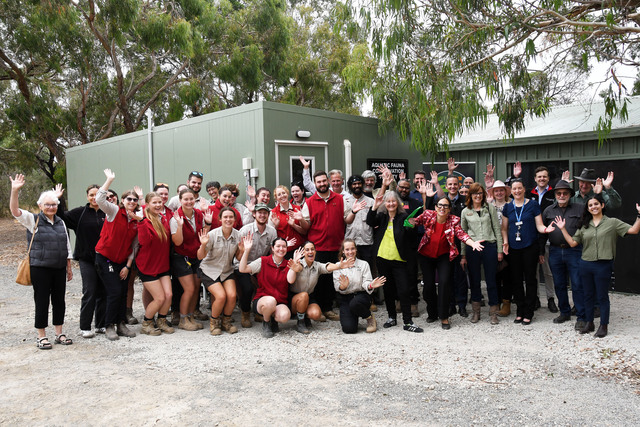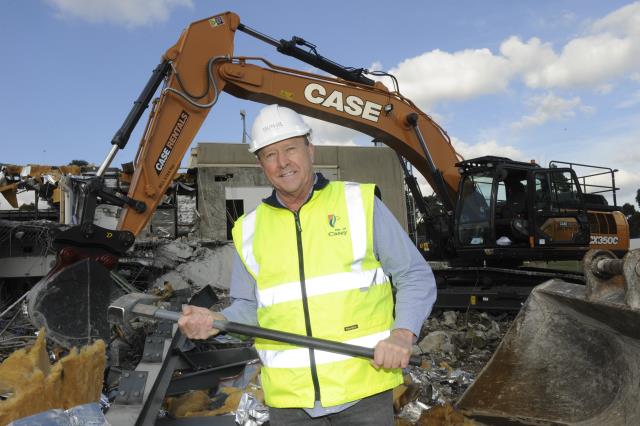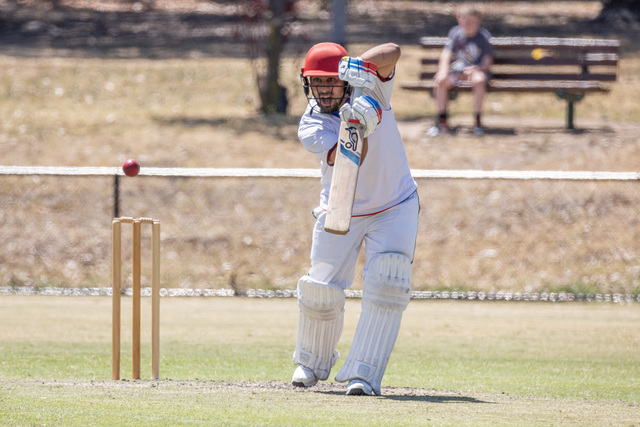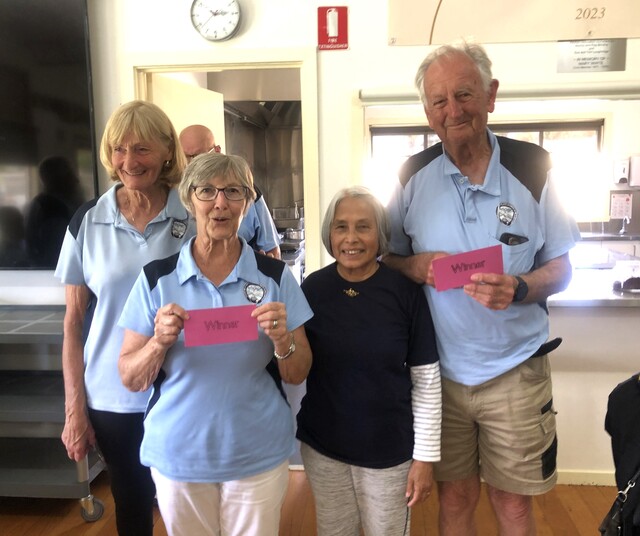A Cranbourne-raised then-14-year-old who repeatedly attacked their grandmother with a metal pole has been sentenced without conviction, as their undiagnosed autism spectrum disorder was one of the main sentencing considerations.
The now-16-year-old BC (pseudonym) pleaded guilty in the Supreme Court of Victoria on 15 November to two charges, causing serious injury to their grandmother Melinda (not her real name) intentionally in circumstances of gross violence and common assault towards their sister.
Initially, BC was charged with attempted murder towards Melinda, but it was later resolved to the one they pleaded guilty to.
The two offences happened on 30 August 2022 in Melinda’s house in the Cranbourne district.
BC and their mother and siblings originally lived in a Cranbourne house, which was purchased by Melinda.
They moved in with Melinda about 10 days before the incident as Melinda could no longer afford the mortgage and needed to sell the house.
The court heard that BC was “very attached to the house and not happy to move”.
On the day of the assault, BC repeatedly refused to return the Cranbourne house key to Melinda.
Melinda took BC’s computer controller as punishment and told them she would give it back if BC gave her the key.
BC later picked up a white plastic-covered hollow metal pole, which was approximately 60 centimetres long and two centimetres in diameter, according to a witness neighbour.
They struck the sister first, and then repeatedly hit Melinda.
According to the court, BC hit Melinda in the head, neck, chest, back and side. Melinda yelled out to BC to stop, but BC continued to assault her.
The assault ended after Melinda managed to leave the house and was helped by the neighbours.
BC later gave a detailed account of what had occurred to the police and repeated that they had intended to kill Melinda and that they hoped she died.
BC also said to the police that they hit Melinda with as much force as they could and that they wanted to kill her.
They said they were disappointed that they did not kill her and annoyed that she was still alive.
Melinda sustained non-displaced and minimally displaced right-side rib fractures, a right wrist fracture that later required surgery, right shoulder pain and lacerations to her head.
The sister suffered pain and bruising, which did not require medical care.
The court found that BC had a long history of behavioural concerns and a range of diagnoses from age five when a paediatrician diagnosed them with oppositional defiance disorder. BC had been assessed as “unsettled, oppositional, easily frustrated and lacked confidence, threatening and violent at times” during the years.
Expert witnesses noted that BC had high-functioning autism spectrum disorder, which had not been diagnosed previously.
They also noted that the neurodevelopmental disorder impacted BC’s capacity to emphasise or express remorse.
The court stated that BC’s moral culpability was reduced due to their undiagnosed autism spectrum disorder contributing to the offending.
“As Dr Deacon [the witness expert] noted in his report, you found the prospect of moving from your home ‘beyond uncomfortable; it was distressing and overwhelming to contemplate,” the court stated.
“Your intense attachment and rigid inability to contemplate such a change must be seen in light of your autism spectrum disorder.
“In Dr Deacon’s opinion, there is a ‘clearly identifiable nexus’ between your underlying autism spectrum disorder and your offending. You feared change and considered Melinda to be cold and uncaring.
“The cumulation of stressors resulted in intense anger and what Dr Deacon termed ‘autistic rage’ or ‘autistic meltdown’.”
The court also stated that the youth was the other key reason for the reduced moral culpability.
The court found that BC did not have any prior criminal history and had not reoffended again.
BC was released on a youth supervision order for a period of 15 months, and they were to engage in assessments, forensic treatment, and treatment for mental health and disability support.
The court heard the victim impact from Melinda, who wrote that she still loved BC and was heartbroken that the family was now apart.

















